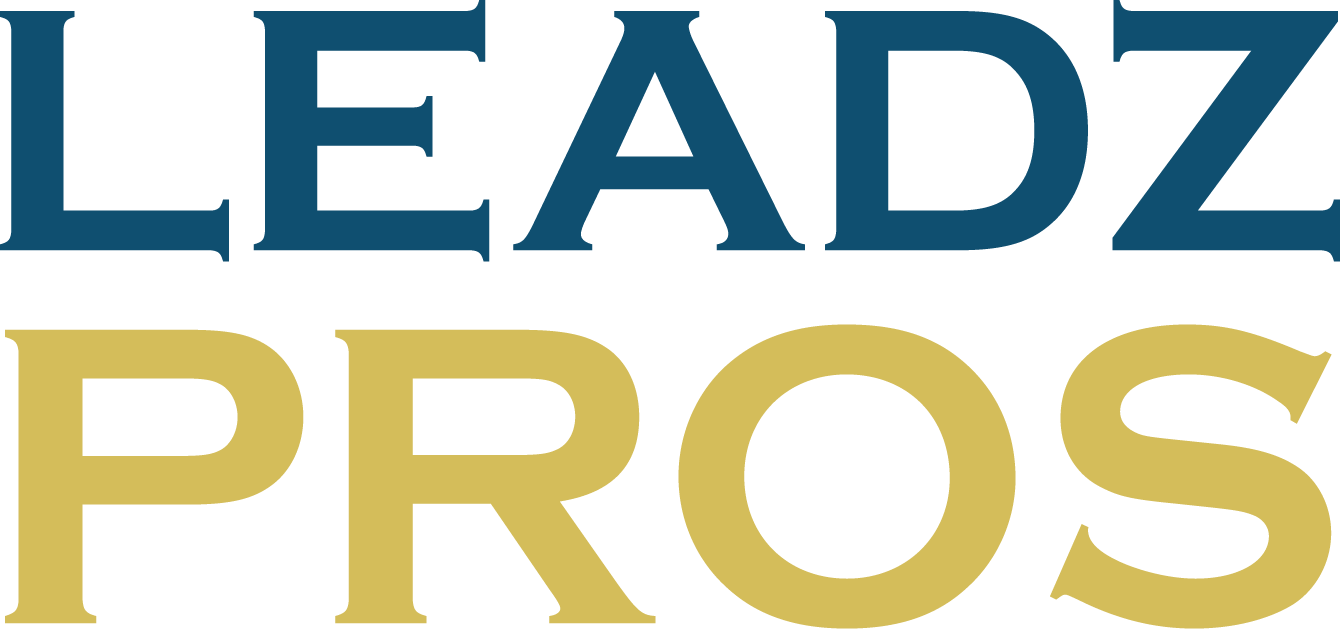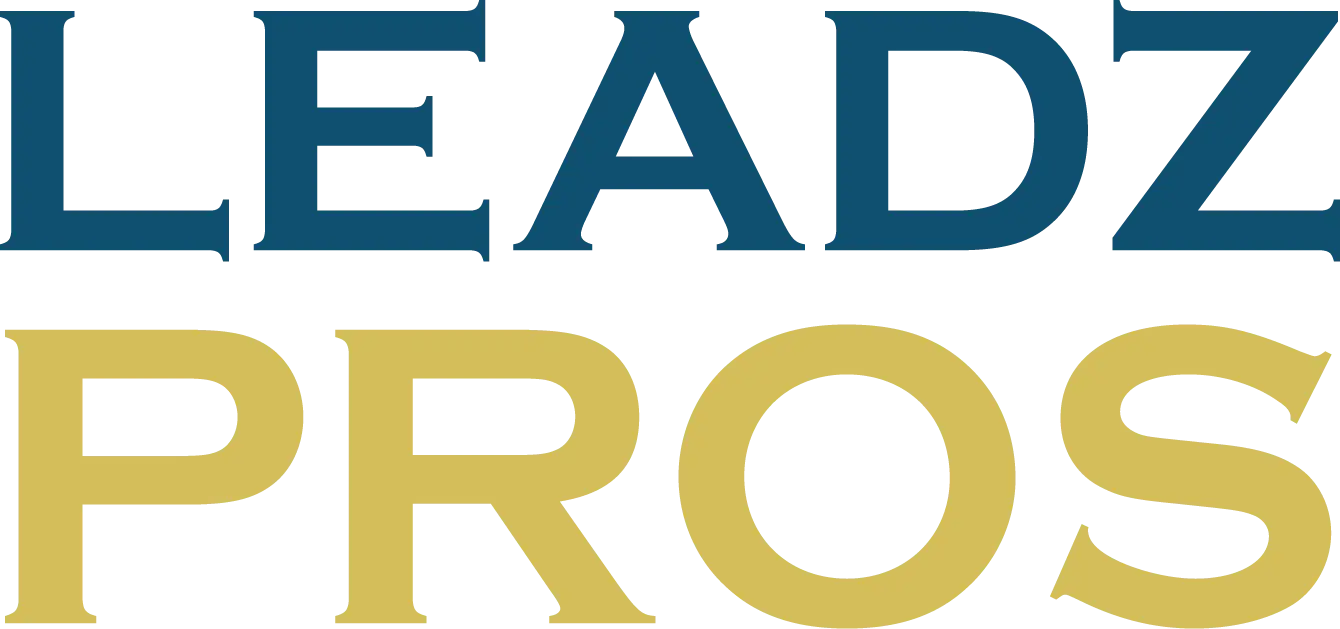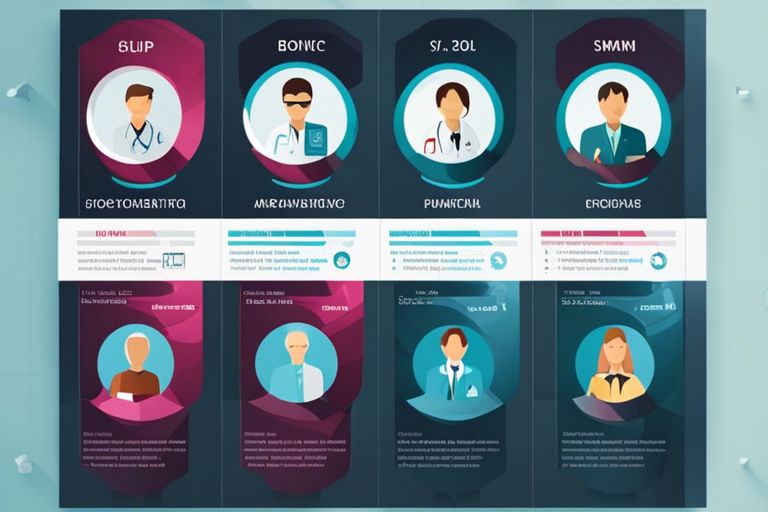Exploring the advantages of incorporating self assessments in obstetrics and gynecology (OB-GYN) services reveals a multitude of benefits for both healthcare providers and patients alike. By empowering individuals to assess their own reproductive health and well-being, self assessments can lead to increased patient engagement, improved communication between patients and healthcare professionals, and ultimately, more personalized and effective treatment plans. This proactive approach not only enhances the overall quality of care provided, but also promotes a sense of autonomy and empowerment among patients in their own healthcare journey.
Enhancing Patient Engagement and Empowerment
Role of Self-Assessments in Increasing Patient Knowledge
Increasing patient knowledge is a key aspect of providing comprehensive OB-GYN services. Self-assessments play a crucial role in this process by empowering patients to take charge of their health and well-being. Through self-assessments, patients can gain a deeper understanding of their own bodies, health concerns, and potential risk factors. This knowledge equips them to make informed decisions about their healthcare and actively participate in their treatment plans. Research published in Integrated Primary Care and Social Work indicates that self-assessments can significantly enhance patient knowledge and engagement in the medical setting.
Furthermore, self-assessments can help patients recognize symptoms early on, understand the importance of preventive care, and track their progress over time. By engaging in self-assessments, patients become more proactive in managing their health, leading to better outcomes and reduced healthcare disparities. The integration of self-assessments in OB-GYN services not only educates patients but also empowers them to advocate for their own health needs.
Improving Patient-Physician Communication through Self-Assessments
The implementation of self-assessments in OB-GYN services can significantly improve patient-physician communication. By providing patients with structured tools to assess their symptoms, concerns, and preferences, healthcare providers can gain deeper insights into the patient’s overall health status. This leads to more meaningful and productive conversations during medical appointments, allowing physicians to address specific patient needs effectively. The use of self-assessments fosters a collaborative relationship between patients and physicians, where both parties are actively engaged in decision-making processes.
Plus, self-assessments help streamline the communication process by ensuring that patients provide accurate and detailed information to their healthcare providers. This leads to more efficient diagnoses, personalized treatment plans, and better health outcomes. Improved patient-physician communication through self-assessments ultimately enhances the quality of care delivered in OB-GYN settings, promoting patient satisfaction and well-being.
Improving Diagnostic Accuracy and Personalized Care
Contribution to Early Detection of Reproductive Health Issues
Any modern OB-GYN service that incorporates self-assessments benefits from the early detection of reproductive health issues. By empowering patients to self-assess their symptoms and overall well-being, healthcare providers can more accurately pinpoint potential health concerns that may otherwise go unnoticed. Self-assessments serve as a proactive measure in identifying warning signs or changes in reproductive health, allowing for timely interventions and preventive care.
On top of aiding in the early detection of reproductive health issues, self-assessments also promote patient engagement and education. By involving patients in their care through self-assessments, OB-GYN services can foster a sense of ownership over one’s health. Patients gain a better understanding of their bodies and reproductive health, leading to improved communication with healthcare providers and a higher likelihood of seeking medical attention when needed.
Tailoring Medical Interventions Based on Self-Assessment Results
Tailoring medical interventions based on self-assessment results allows for a more personalized approach to patient care. By analyzing the data collected from self-assessments, healthcare providers can customize treatment plans according to the individual needs and health history of each patient. This tailored approach ensures that patients receive interventions that are specific to their unique health profile, resulting in more effective and targeted care.
Plus, tailoring medical interventions based on self-assessment results can lead to improved patient outcomes and satisfaction. Patients who receive personalized care that takes into account their self-assessment results are more likely to adhere to treatment plans and experience better health outcomes. This patient-centered approach not only enhances the quality of care but also strengthens the patient-provider relationship, ultimately leading to improved overall patient satisfaction and well-being.

Streamlining OB-GYN Workflow
Your OB-GYN practice can significantly benefit from incorporating self-assessments to streamline workflow and enhance patient care. One innovative approach that is gaining traction in the field of obstetrics and gynecology is OB Nest: A new vision for prenatal care. This model advocates for a more personalized and patient-centered prenatal care experience, emphasizing the use of efficient technology and patient self-assessment tools to optimize healthcare delivery.
Reducing Administrative Burden on Healthcare Providers
On top of providing quality medical care, OB-GYN healthcare providers often grapple with a substantial administrative burden that can detract from direct patient care. By integrating self-assessment tools into practice workflows, healthcare providers can empower patients to take a more active role in their healthcare management, reducing the time and resources spent on routine administrative tasks.
Furthermore, self-assessments can help streamline communication between patients and healthcare providers, allowing for more efficient triaging of patient needs and enhancing the overall patient experience. As a result, OB-GYN practices can optimize their workflow by reallocating resources to focus on providing personalized care and medical interventions where they are needed most.
Facilitating Resource Optimization in OB-GYN Practices
An essential aspect of integrating self-assessments in OB-GYN services is the facilitation of resource optimization within the practice. By empowering patients to self-assess their symptoms, track their health data, and communicate their concerns effectively, healthcare providers can allocate resources more efficiently. This proactive approach enables healthcare providers to address patient needs promptly, leading to improved patient outcomes and satisfaction.
A well-implemented self-assessment system can help OB-GYN practices identify trends, prioritize high-risk cases, and tailor interventions to meet individual patient needs. By leveraging self-assessment tools, OB-GYN practices can create a more patient-centric care environment, enhance operational efficiency, and ultimately improve the quality of care delivered to patients.
Challenges and Considerations
Noting the numerous benefits of integrating self-assessments in OB-GYN services, it is vital to address the challenges and considerations that may arise during implementation.
Addressing Accuracy and Reliability of Self-Assessment Tools
On the path to integrating self-assessments, one of the key challenges is ensuring the accuracy and reliability of the tools used for self-evaluation. Healthcare providers must carefully select validated instruments that have been proven to deliver consistent and dependable results. Additionally, proper training and guidance should be provided to patients to enhance the effectiveness of self-assessment tools and minimize errors in reporting.
Ensuring Equity and Accessibility in Implementation
On the journey to integrating self-assessments in OB-GYN services, it is crucial to ensure equity and accessibility for all patients. Healthcare providers need to consider factors such as language barriers, cultural differences, and digital literacy levels that may impact the effectiveness of self-assessment tools. Any disparities in access to these tools must be addressed to guarantee that all patients have equal opportunities to benefit from self-assessment in their healthcare journey.
Any efforts to enhance equity and accessibility in implementation should involve providing support for patients who may require assistance in completing self-assessments. This could include offering translation services, culturally sensitive materials, or alternative formats for those with limited digital skills. By prioritizing inclusivity and accessibility, healthcare providers can effectively integrate self-assessments into OB-GYN services while ensuring that all patients receive the care and support they need.









